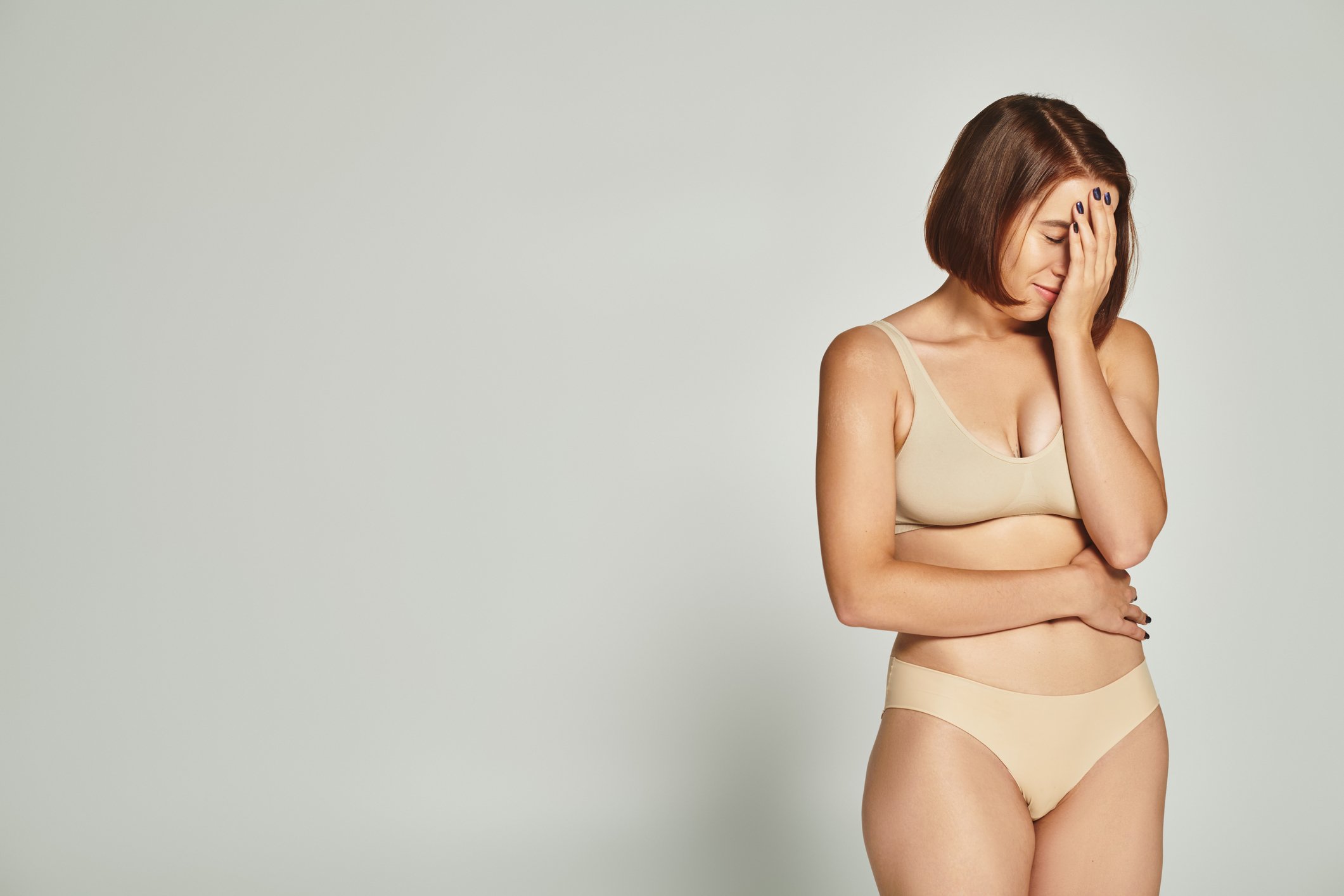Too Perfect to Be True: Why Social Media Can Hurt Your Confidence
Introduction: When Everyone Else Looks Like They're Winning
Ever scroll through Instagram or TikTok and suddenly feel like your life isn’t good enough? Like everyone else is better looking, more popular, more successful — basically, more everything?
You’re not alone.
Social media is where people post their best angles, biggest wins, and picture-perfect lives. But here’s the catch: what you see online is often too perfect to be true. And that constant comparison can slowly chip away at your confidence.
Let’s talk about how and why social media can mess with your self-esteem—and most importantly, how to take control of your feed before it takes control of you.
“Social media creates an environment ripe for upward social comparison, where individuals constantly see others seemingly living ‘better’ lives. This can lead to feelings of inadequacy and a distorted perception of one’s own accomplishments.”
The “Highlight Reel” Illusion
Think of social media like a movie trailer. It only shows the exciting bits—not the boring or messy stuff behind the scenes.
People post:
Their best selfies (after 27 takes and some filters)
Fun moments with friends (not the awkward arguments)
Holidays, outfits, gym progress, glow-ups...
But real life includes stress, bad hair days, anxiety, and disappointment—none of which usually make it to the ‘gram.
It’s easy to forget that when you're constantly fed a stream of polished posts. That’s when your brain starts comparing your real life to someone else's curated highlight reel—and it never feels like enough.
The Psychology of Comparison
There’s actually science behind this. It’s called social comparison theory. It means we naturally compare ourselves to others to figure out how we’re doing.
But on social media, you’re not comparing yourself to reality. You’re comparing yourself to people who are using:
Filters
Poses
Lighting tricks
Editing apps
…and sometimes, even fake followers or likes
The result? You might start thinking:
“Why don’t I look like that?”
“Why am I not doing as much as them?”
“I’ll never be that confident / popular / fit.”
And slowly, that confidence you had? It starts shrinking.
The Algorithm Trap
Social media apps are designed to keep you scrolling. They do this by showing you content that triggers emotions—especially ones that make you compare yourself to others.
That means if you interact with a few “perfect” posts, the algorithm gives you more of the same:
Flawless beauty influencers
Unrealistic body types
People showing off success, wealth, or popularity
The more you scroll, the more you’re exposed to standards that are unrealistic or unattainable—and that can mess with how you see yourself.
How It Can Hurt Your Confidence
Here are just a few ways social media can negatively affect your self-esteem:
Body Image Issues
Seeing so many filtered bodies can make you feel like yours isn’t good enough—even when it’s completely normal and healthy.
FOMO (Fear of Missing Out)
Seeing parties, holidays, or hangouts you weren’t invited to can make you feel left out or unwanted.
Validation Addiction
When you post something, do you keep checking for likes or comments? Relying on online validation to feel good about yourself is a dangerous habit.
Feeling “Behind” in Life
You might feel like others are more successful, attractive, or happy than you, which can lead to feeling like a failure—even if you’re doing just fine.
How to Protect Your Confidence Online
Okay, enough doom and gloom. Let’s talk about what you can actually do to feel better.
Curate Your Feed
Unfollow accounts that make you feel insecure or not good enough. Instead, follow creators who promote:
Body positivity
Mental health awareness
Real-life stories
Limit Screen Time
Try app timers or use digital wellbeing tools to reduce how much time you spend scrolling. Even small breaks help!
Reality Check: Remind Yourself It’s All Edited
Before you compare yourself to someone online, ask: “Would I feel this way if I saw the unedited version?”
Post for You, Not for Likes
Share moments that matter to you—not what you think will get the most engagement. Your worth isn’t measured in likes.
Talk About It
If social media is affecting your mental health, talk to someone you trust—a friend, parent, or counsellor. You’re not alone in this.
Final Thought: Real Confidence Beats Fake Perfection
Here’s the truth: confidence doesn’t come from filters or followers. It comes from knowing your value, being kind to yourself, and surrounding yourself with people (online and offline) who lift you up.
Social media isn’t all bad—it can be fun, inspiring, and even empowering. But it becomes a problem when you forget that most of it is edited, filtered, and carefully curated.
So the next time you feel “less than” after scrolling, remind yourself:
You’re not behind. You’re not broken. You’re just real.
And that’s always better than being “too perfect to be true.”
FAQ’s
-
Not always. It depends on how you use it. Positive content can uplift you, but endless comparison or chasing validation can hurt your self-esteem over time.
-
You don’t have to delete them, but taking a break or curating your feed can help you build a healthier relationship with social media.
-
It’s often because you’re seeing highlight reels—not real life. It can trigger feelings of comparison, inadequacy, or FOMO without you even realizing it.
-
Start by reminding yourself that most posts are edited. Unfollow accounts that make you feel bad, and focus on your own goals and progress.
-
Yes! Accounts like @thebodypositive, @selfcareisforeveryone, and @realdepressionproject are great starting points. Look for creators who are open about their struggles and promote realness.




